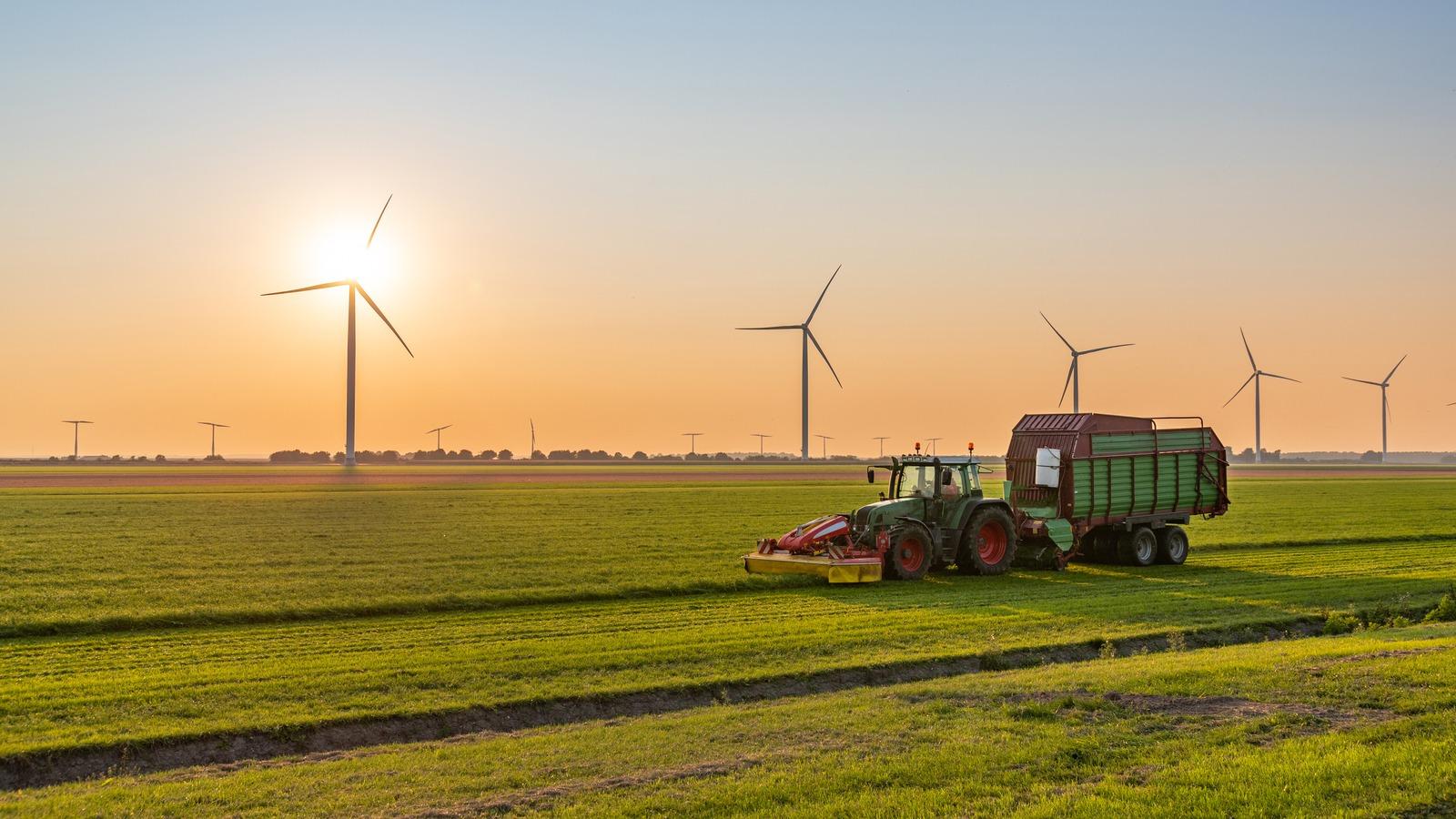Economic slowdown leads to mostly 'green’ heatmap
The developments in the supply chain are visualised in our supply chain heatmap. The heatmap shows, based on various indicators (such as freight, production, prices, and uncertainty), where the pressure on the supply chains has increased or decreased in the past months. The starting point is the beginning of the Covid-19 pandemic, when supply chains faced major disruptions. The Russian invasion of Ukraine also caused the heatmap to turn red. By the end of 2022, the pressure decreased and the indicators turned green due to reduced demand.
Shortages of raw materials and labour continue to put pressure on supply chains.
During the last two quarters, several economies in the eurozone have entered or approached recession. The Dutch economy also contracted slightly in this period. While this is not good news from a macroeconomic perspective, economic slowdown tends to reduce pressure on supply chains. But shortages of raw materials and labour continue to put pressure. Any consequences of developments in the Middle East are not visible in this version of the supply chain monitor because it is based on data until the end of September.
Analysis of election programmes
This supply chain monitor also analyses to what extent the ideas from the election programmes of the parties that are high in the polls affect the supply chains of companies. None of the parties directly addresses this topic, but many ideas in the programmes could have consequences for supply chains, according to PwC expert Rolf Bos.
’For example, we see that many parties have ideas about accelerated decarbonisation. These are good ideas, but, for companies, it is essential that this happens in a European context and at the right pace because otherwise, it affects their competitive position.
‘Another example: many parties express their support for limiting labour migration. This is understandable when you look at, for example, the housing shortage in the Netherlands and the incidents we regularly hear about regarding poor working conditions of labour migrants. However, for companies, it could mean that an already tight labour market becomes even tighter. Solutions to societal problems can become very big challenges for companies. Therefore, we call on politicians to take a holistic approach and consider all perspectives.’
PwC’s third Supply Chain Monitor
Contact us


















